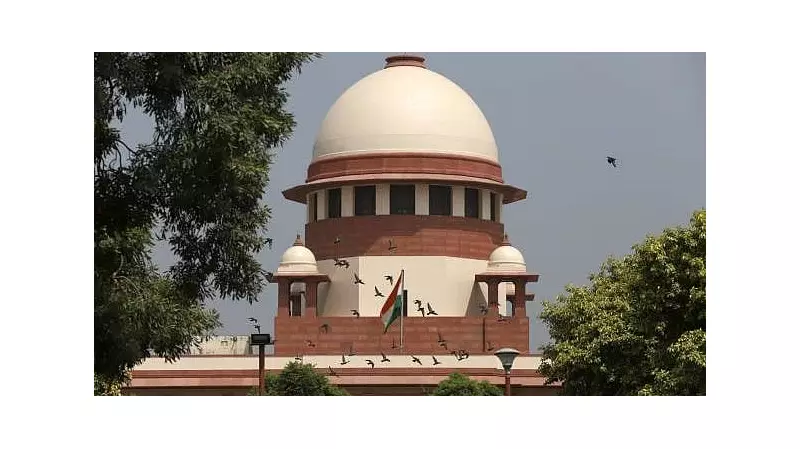
The Supreme Court of India has issued a stern warning to the Maharashtra government regarding reservation policies in local body elections, explicitly directing the state not to cross the established 50 percent reservation limit.
Court's Strong Stance on Reservation Norms
In a significant development on November 17, 2025, the apex court made it clear that any deviation from the constitutional reservation limit would not be tolerated. The bench emphasized that if the state government attempts to justify exceeding the cap by arguing that the nomination process has already begun, the court would not hesitate to stay the elections entirely.
The Supreme Court's message was unequivocal: "Don't test the powers of this court". This strong statement underscores the judiciary's commitment to maintaining constitutional principles in the electoral process.
Background and Legal Framework
The 50 percent reservation limit has been a cornerstone of India's affirmative action policy since the landmark Indra Sawhney judgment. The Supreme Court has consistently maintained that reservation in any form should not exceed this constitutional threshold, except under extraordinary circumstances.
The current case involves Maharashtra's approach to reservations in local body elections, where the state government appeared to be considering exceeding the established limit. The court's intervention comes at a crucial time when election preparations were underway.
Implications for Maharashtra Politics
This judicial warning has significant political ramifications for Maharashtra. Local body elections are critical for grassroots democracy and political parties often view reservation policies as important tools for social engineering and voter mobilization.
The Supreme Court's firm position means that Maharashtra must recalibrate its reservation strategy to ensure compliance with constitutional norms. Any attempt to circumvent the 50 percent limit could result in the entire electoral process being halted, causing substantial political and administrative disruption.
The court's readiness to stay elections demonstrates the seriousness with which it views adherence to constitutional principles. This development serves as a reminder to all state governments that the judiciary remains vigilant about protecting the basic structure of the Constitution.
As the situation develops, all political stakeholders in Maharashtra will need to carefully navigate the reservation issue while respecting the Supreme Court's clear directives and the constitutional framework that governs India's democratic processes.






